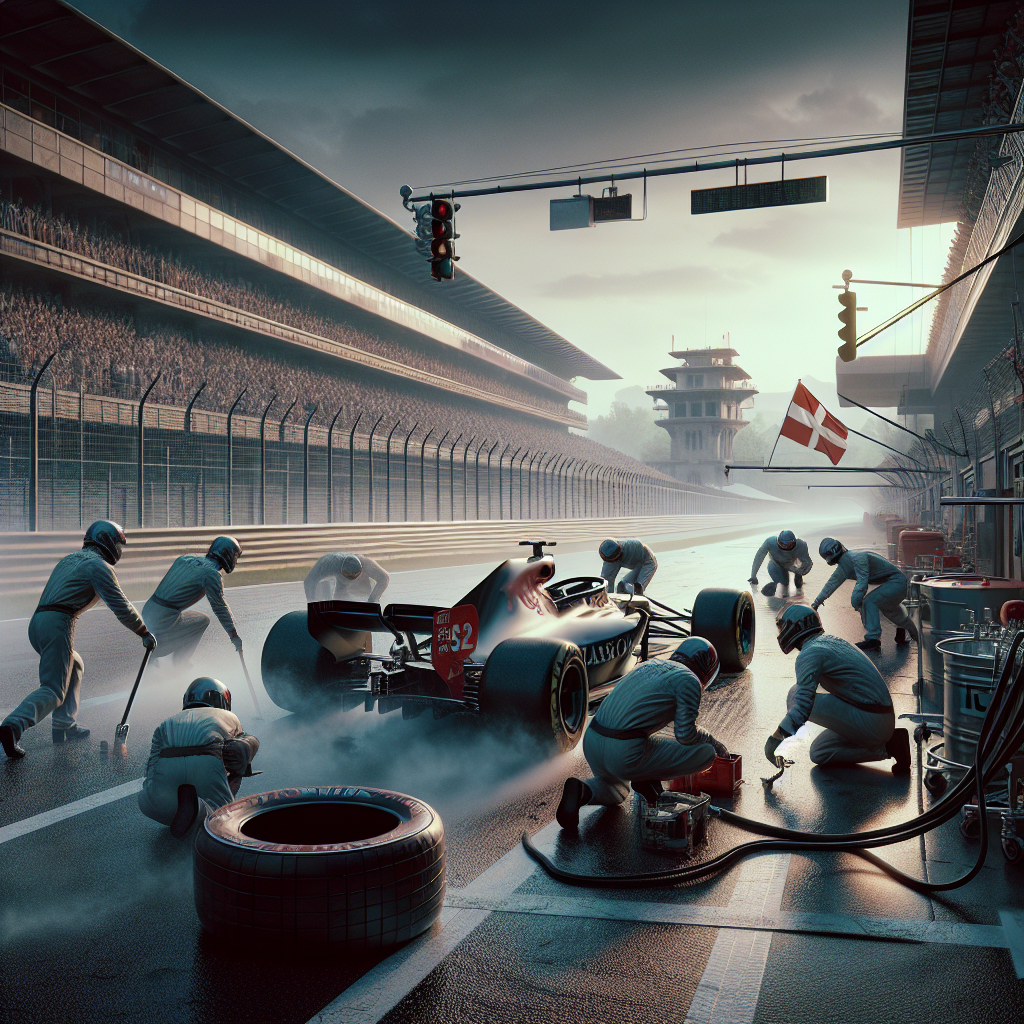
McLaren's remarkable Formula 1 season continues to generate excitement as Oscar Piastri extends his lead over teammate Lando Norris in the championship standings. The team's impressive performance has put them in a position to potentially secure the Constructors' Championship with several races remaining [1].

In a significant move affecting the global automotive industry, the United States has announced a substantial reduction in tariffs on Japanese vehicles, cutting the rate to 15%. This decision marks a notable shift in US trade policy and promises to reshape competition in the American auto market, particularly as manufacturers face evolving market conditions and sales challenges [1].

The MotoGP landscape continues to evolve with significant developments both on and off the track. Two-time champion Francesco Bagnaia has openly acknowledged performance concerns, while Franco Morbidelli's future has been secured with VR46 Ducati. Meanwhile, Marc Marquez shows promising signs of adaptation to his Ducati machine with improved crash statistics [1].
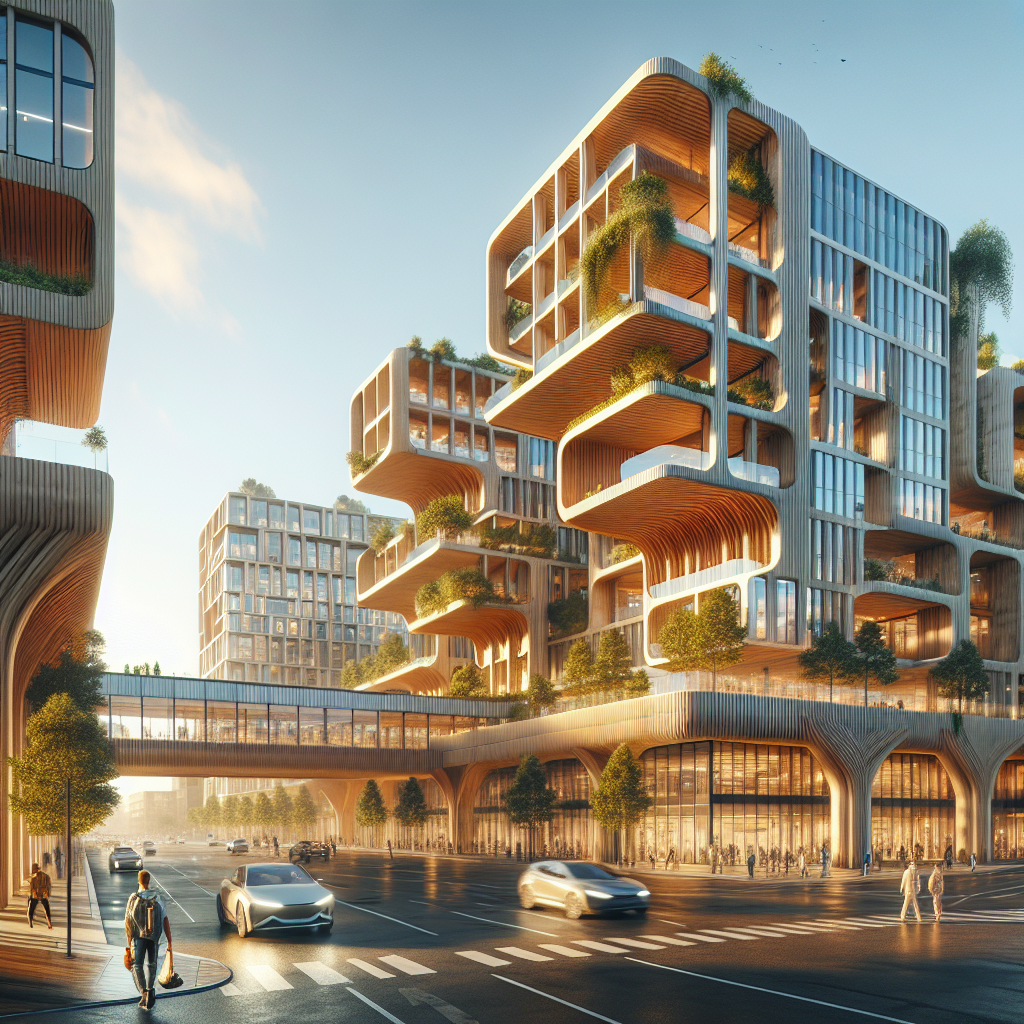
A groundbreaking shift in construction methodology is taking place as mass timber emerges as a game-changing building material, offering significant advantages over traditional construction materials. For cars, for buildings, for bridges. The innovative approach combines environmental benefits with practical construction advantages, marking a new era in sustainable building practices [1].
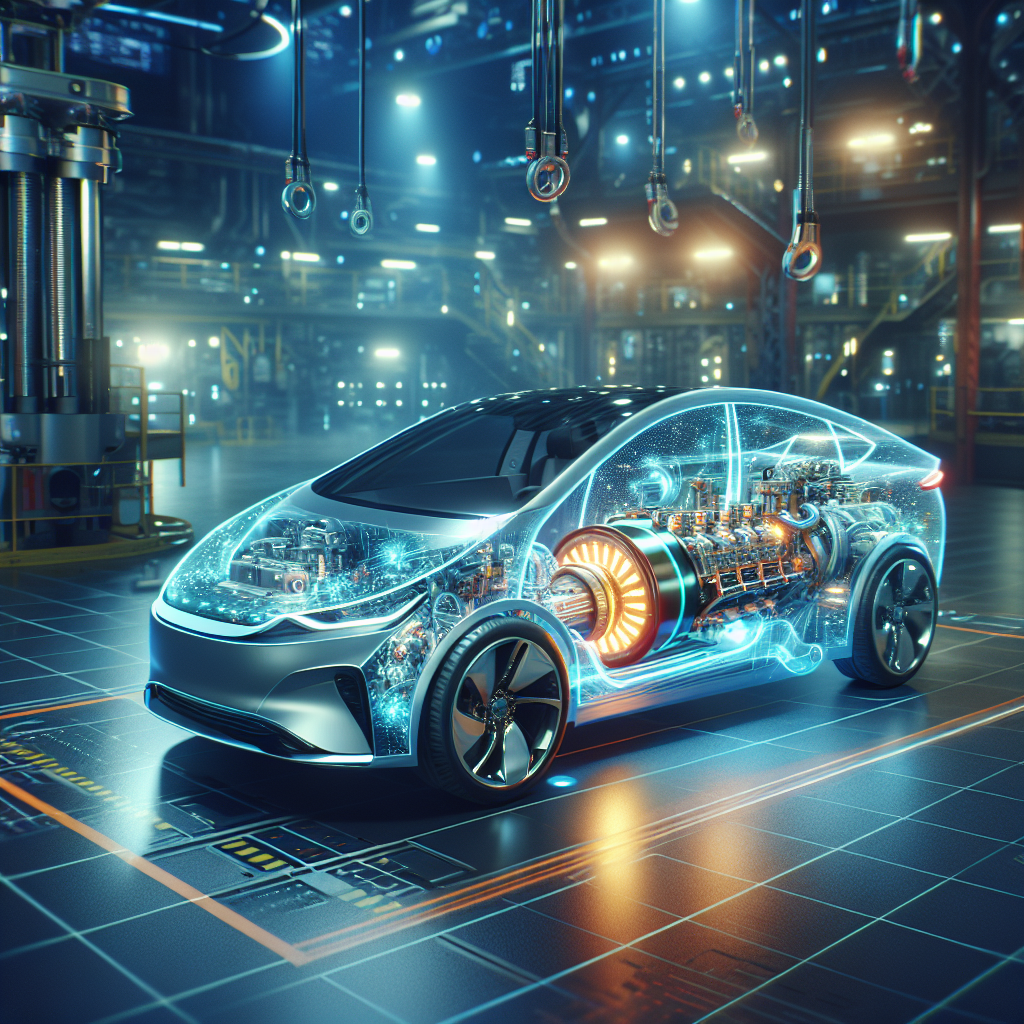
A groundbreaking advancement in electric vehicle sustainability has emerged with the testing of an AI-driven robotic system designed specifically for EV battery disassembly. This innovative technology, developed by Recirculate, promises to streamline the recycling process for electric vehicle batteries, addressing one of the key challenges in the EV industry's environmental impact [1].
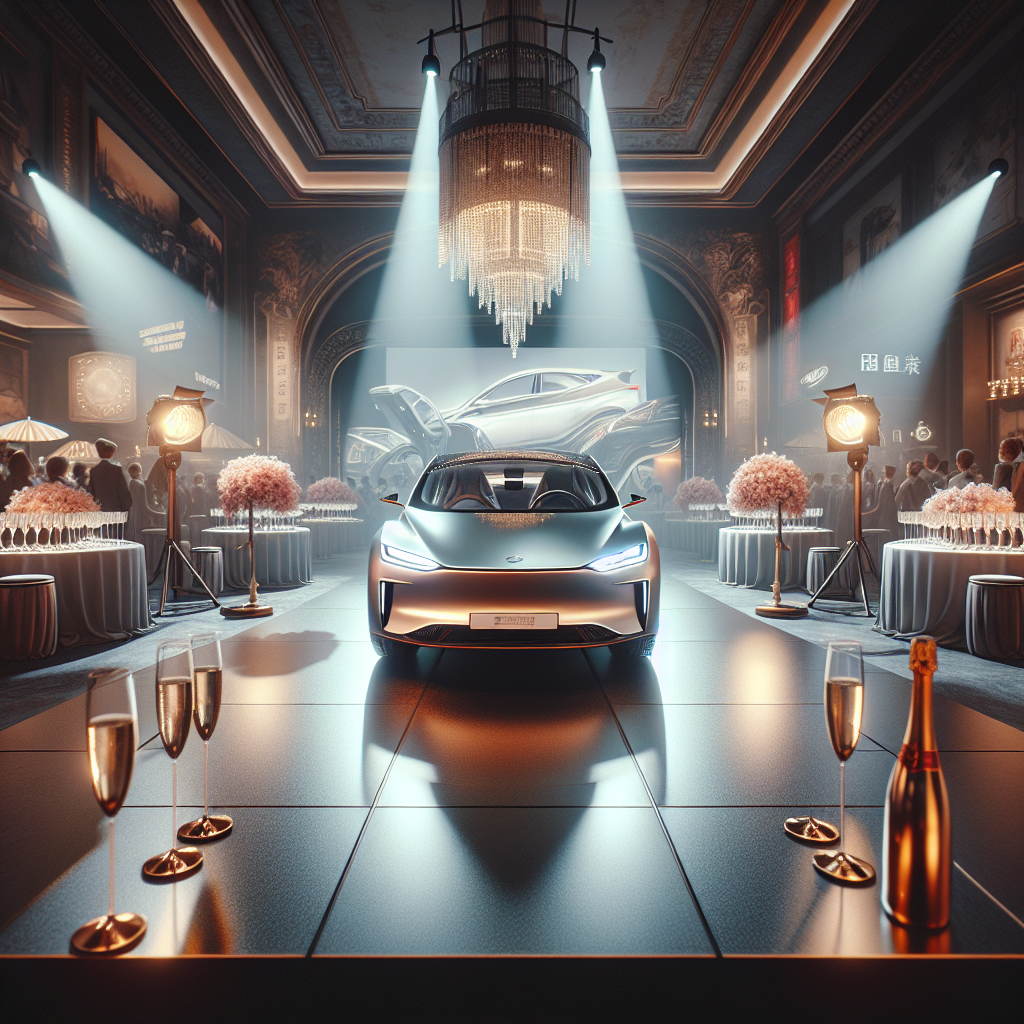
The luxury electric vehicle market is experiencing significant shifts as established players and newcomers compete for market share. While EV adoption continues to grow, with several premium brands now reporting electric vehicle sales above 12% of their total volume [1], the competitive landscape is becoming increasingly complex, particularly in key markets like China.
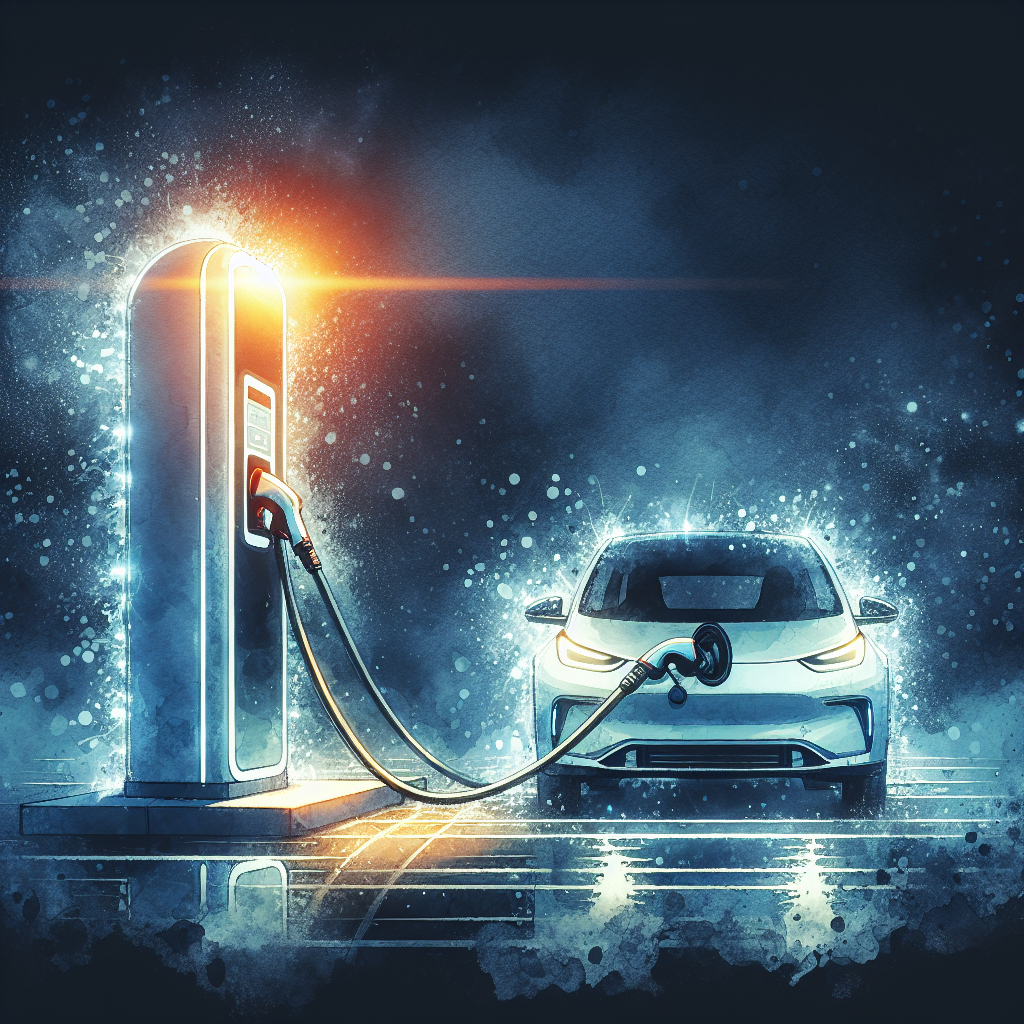
In a significant step forward for Eastern European electric vehicle infrastructure, energy company PPC has unveiled its first Power BOX fast charging station in Romania [1]. This development comes at a crucial time when EV adoption is seeing significant growth, with several major auto brands now reporting EV sales shares above 12% [2].

In a significant move that could reshape India's electric vehicle landscape, commercial vehicle manufacturer Ashok Leyland has announced plans for a substantial investment in electric vehicle battery production. The company will invest over $571 million to establish new battery manufacturing capabilities [1].
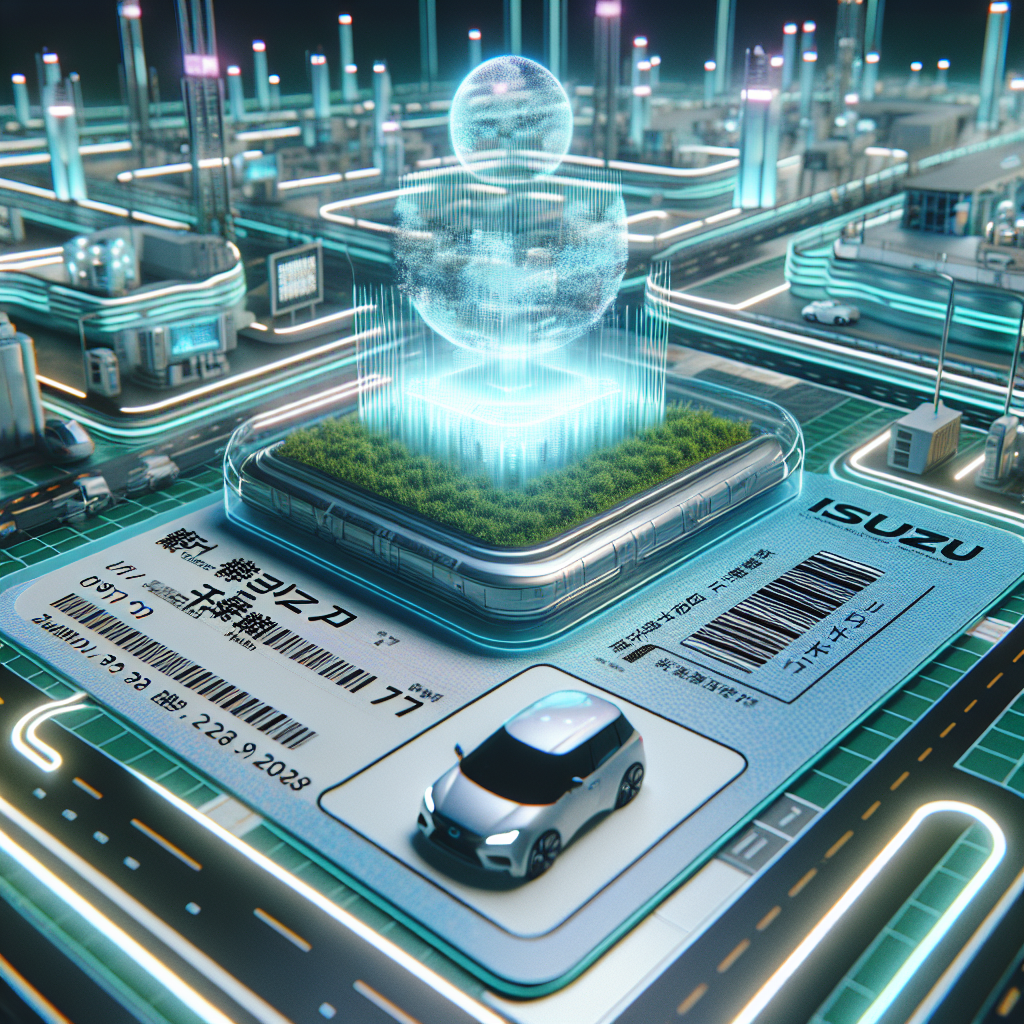
In a significant development for autonomous driving technology, Japanese automotive manufacturer Isuzu has announced plans to develop a dedicated autonomous driving test course. The new facility represents a major step forward in Japan's commitment to advancing self-driving vehicle technology and establishing standardized testing protocols for autonomous vehicles [1].